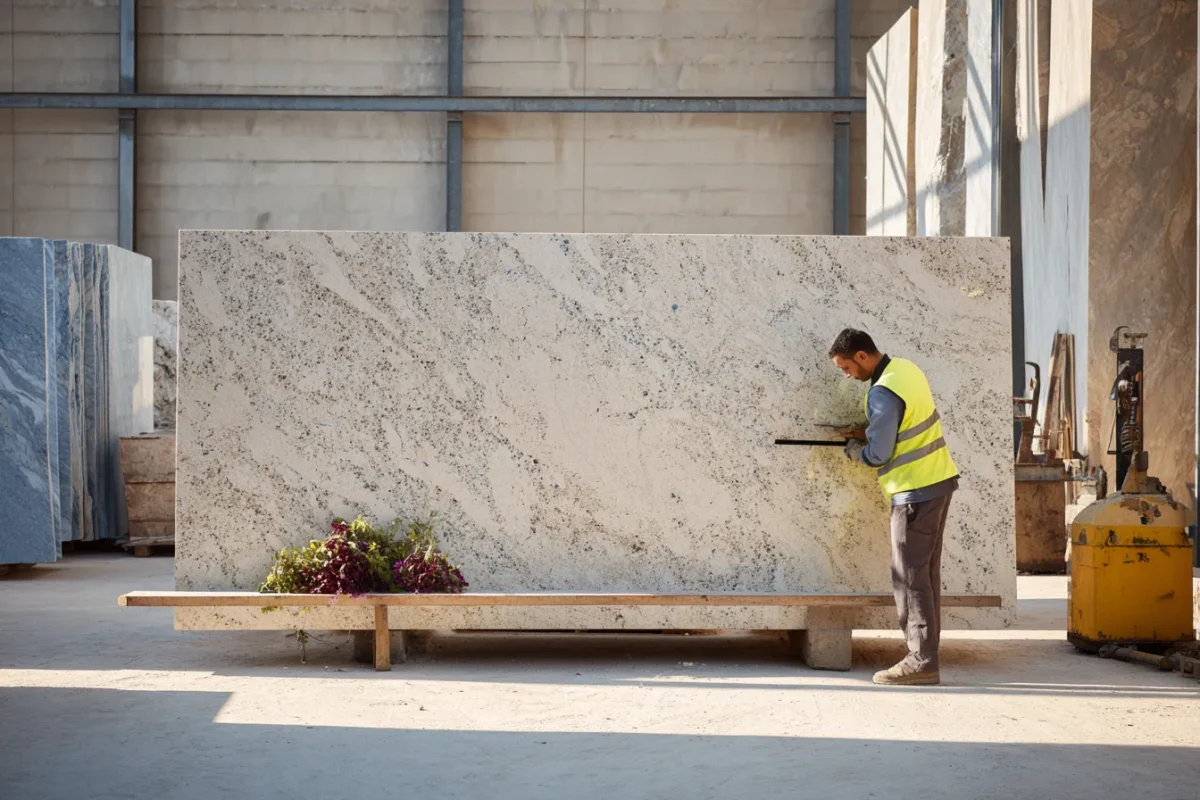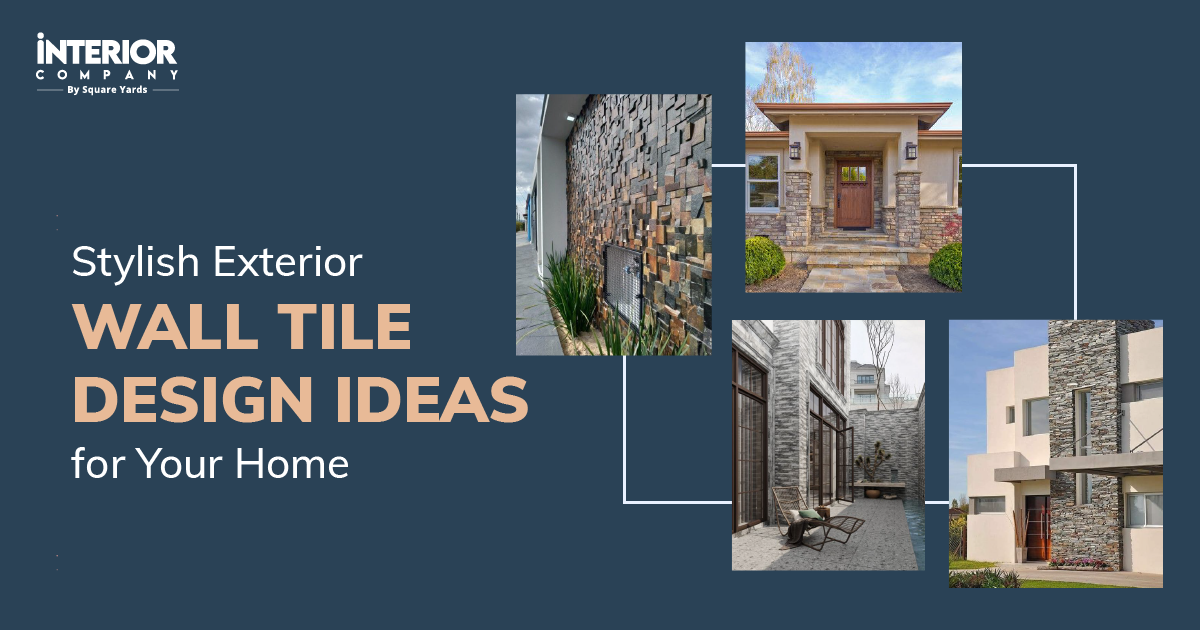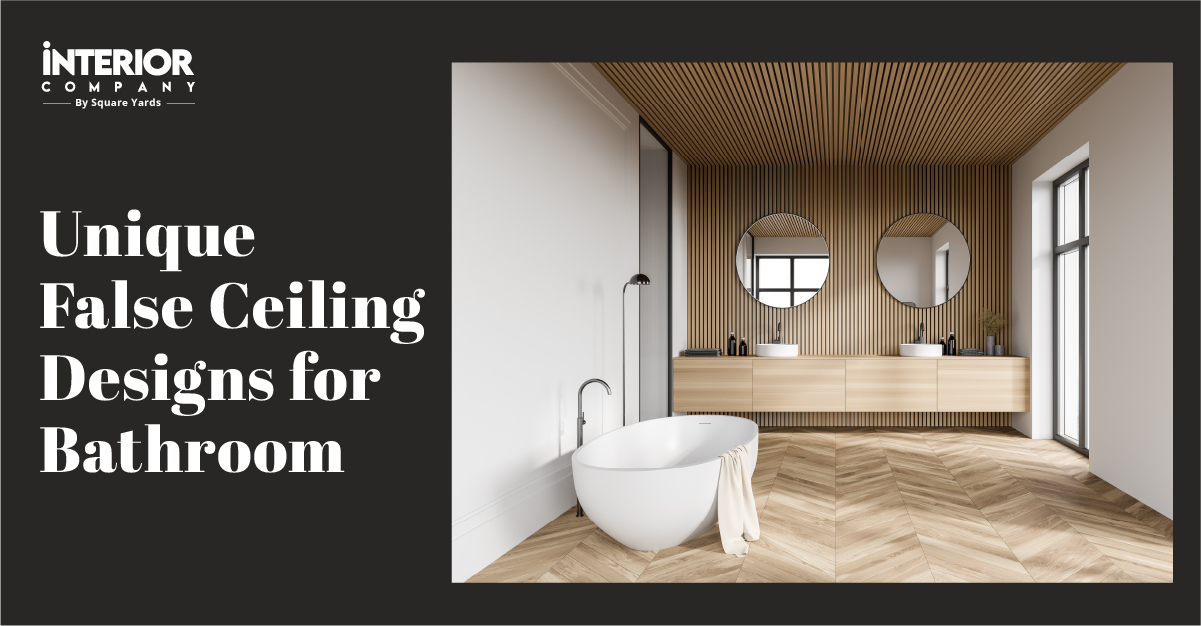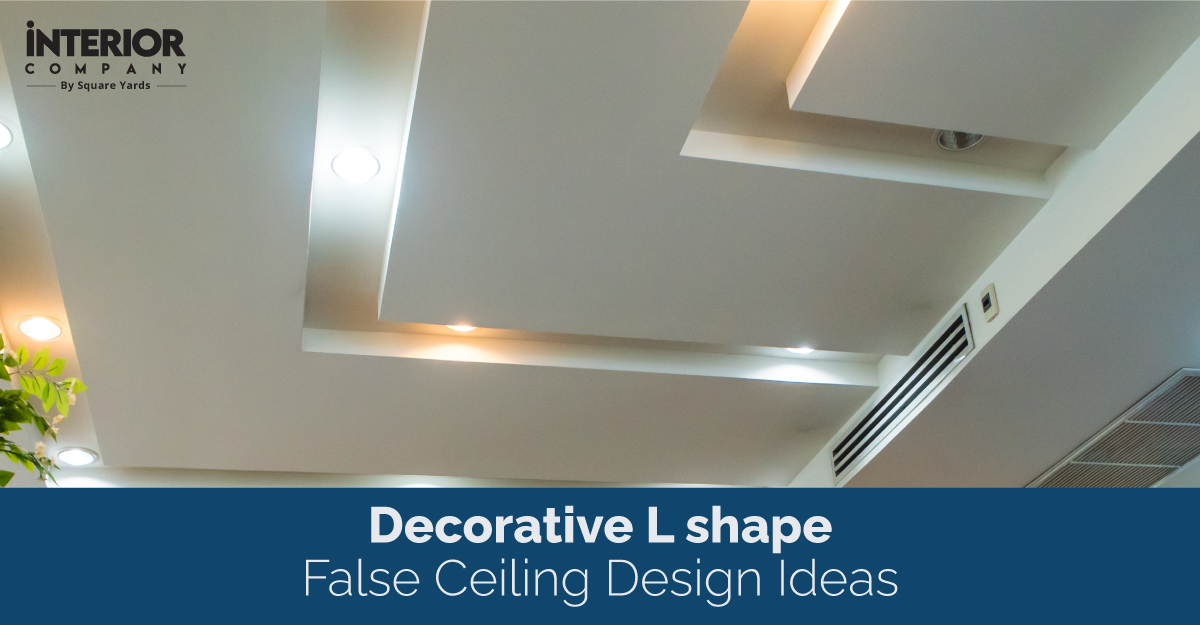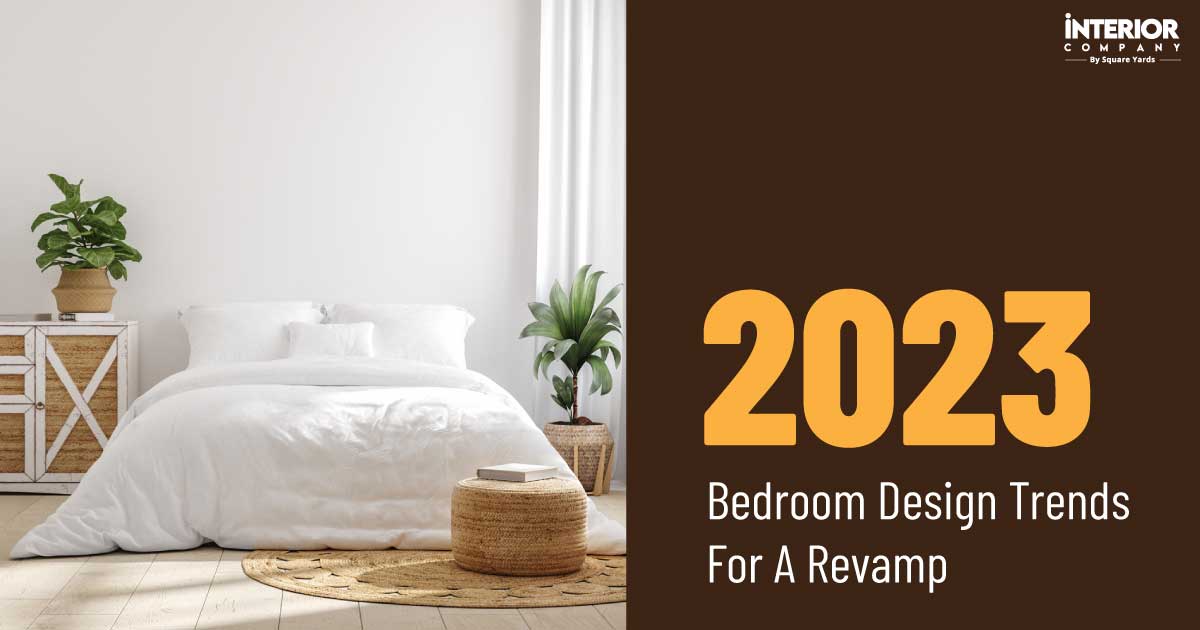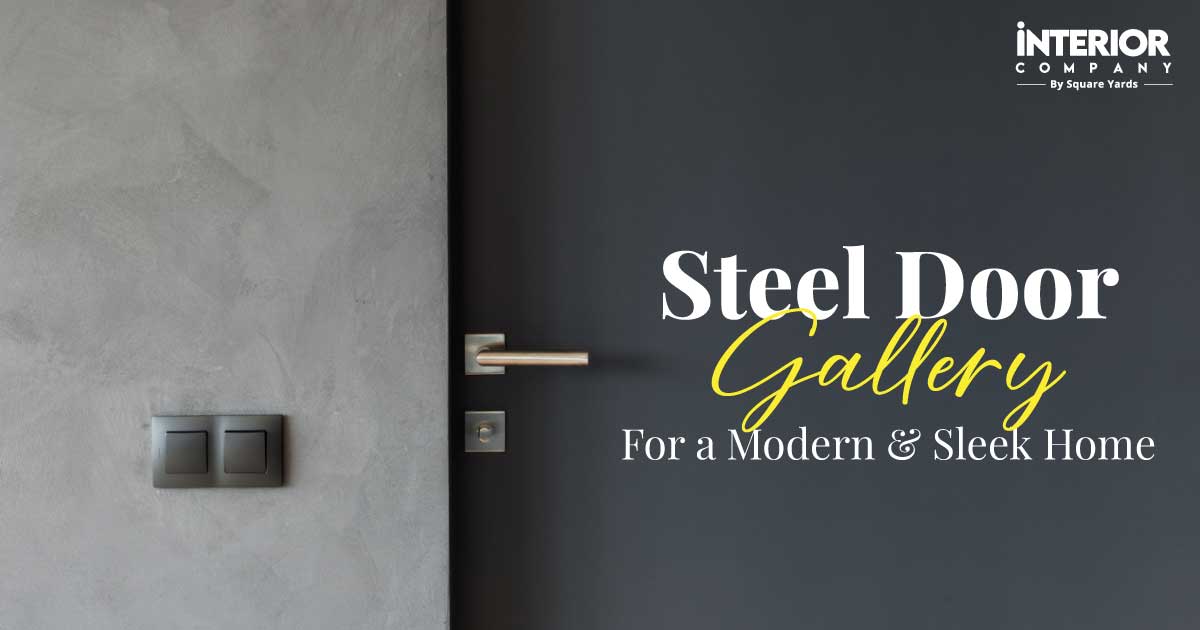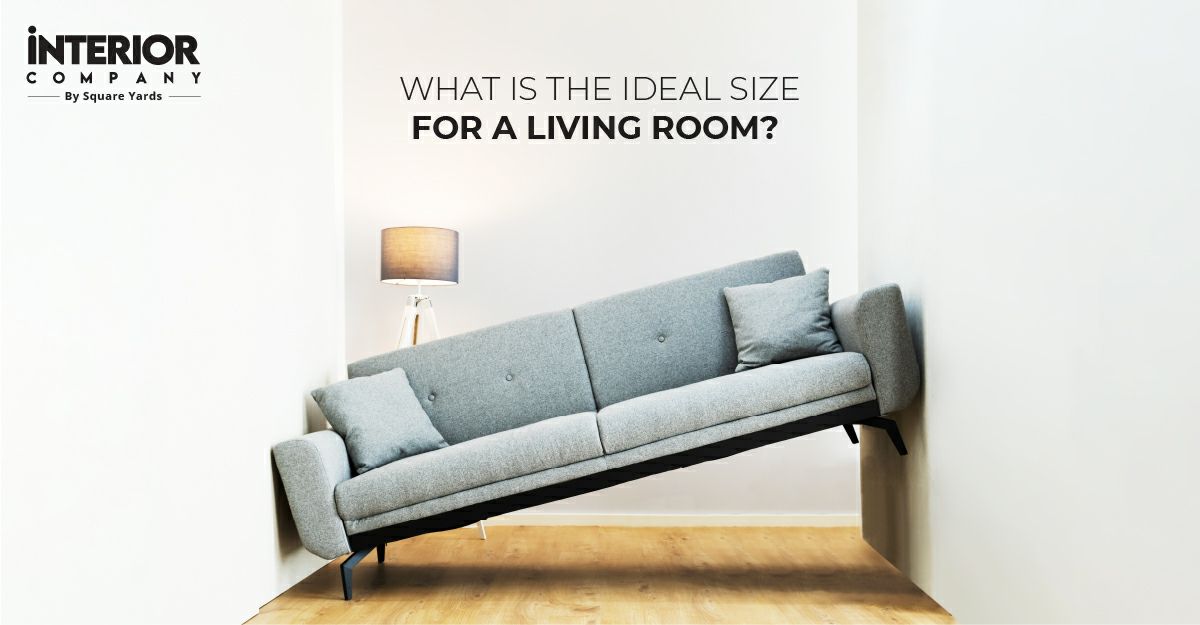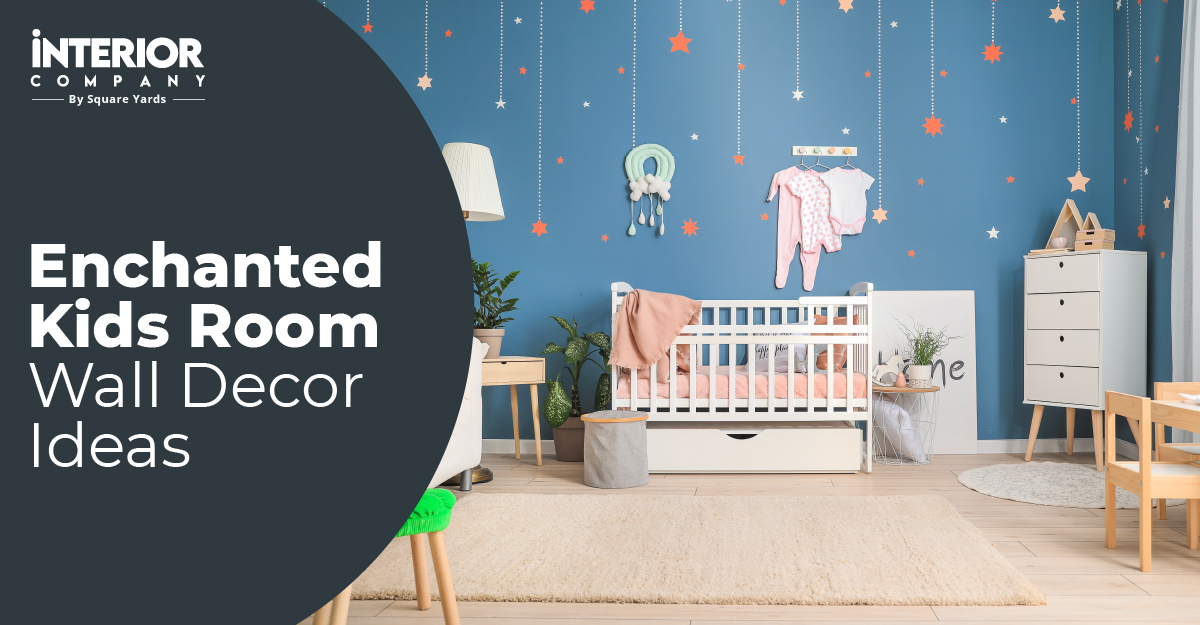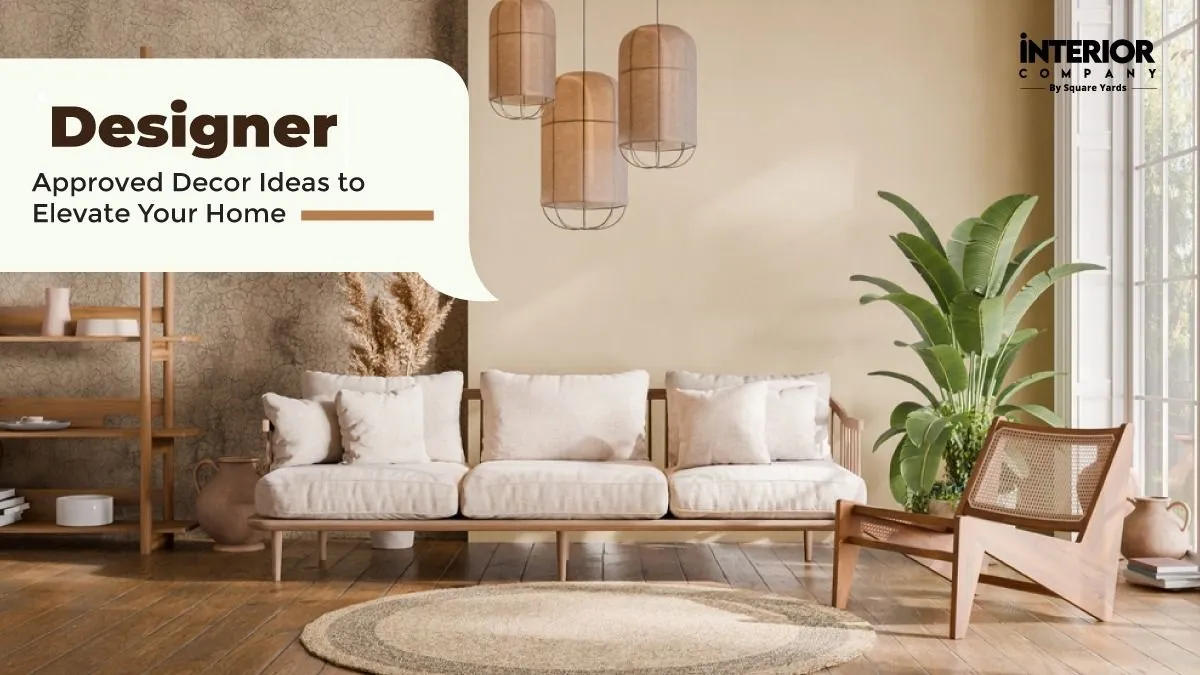- Kitchens
- Design Ideas
- Cities
- Trends
- Guides
- Price Calculators
- Our PortfolioNEW
- More
- Home
- Trends
- Construction
- Materials
- Know All About Epoxy Flooring
Epoxy Flooring Explained: From Types to Benefits
Epoxy flooring has become a highly favoured choice among various options due to its remarkable durability, versatility, and attractive appearance. This amazing flooring solution isn’t new, but its popularity has skyrocketed recently. What was once primarily used in industrial settings has become a highly demanding choice for residential, commercial, and even garage floors. But what exactly is epoxy flooring, and why has it captured the attention of designers, homeowners, and business owners?
Table of Content
Thanks to its exceptional durability, aesthetic appeal, and versatility, epoxy flooring has become popular in residential and commercial settings. This type of flooring involves the application of multiple layers of epoxy, a thermosetting polymer, onto a concrete substrate. When properly applied, epoxy flooring can transform dull, grey concrete into a gleaming, high-performance surface that withstands heavy traffic, chemicals, and wear and tear.
Whether you want to upgrade the appearance of your home, office, or industrial area, epoxy flooring provides several advantages and versatile options tailored to your needs. In this blog, we will delve into the essence of epoxy flooring, examine its various types and benefits, and offer insights into selecting the perfect epoxy flooring solution for your space.
Understanding Epoxy Flooring
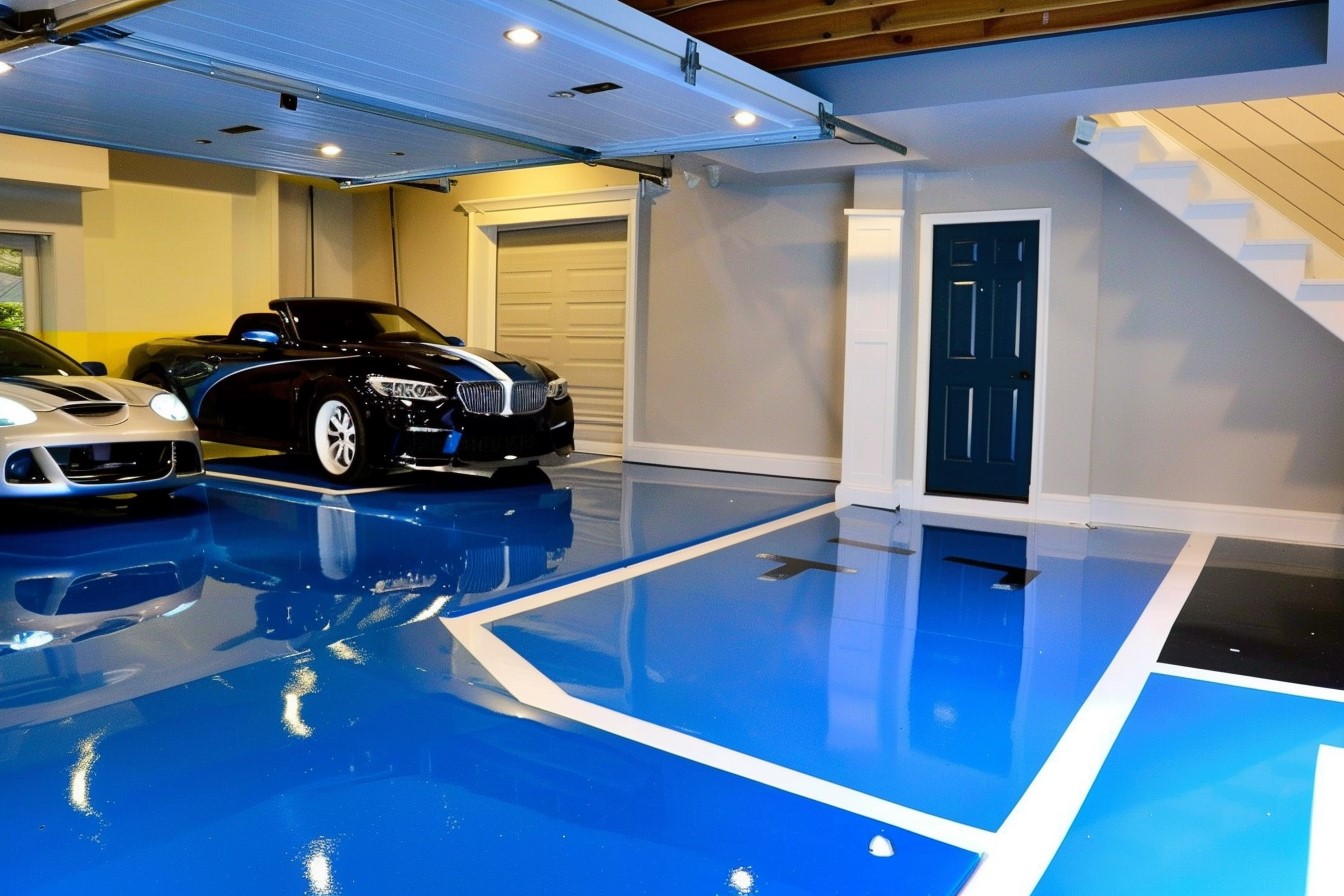
Epoxy flooring is incredibly resilient and adaptable. It is crafted by blending two primary elements: epoxy resin and a hardening agent. The epoxy resin is a binder, while the hardener lends strength and stability. A chemical process occurs when these two components are combined, resulting in a firm and durable surface. But where can epoxy flooring be used? This versatile flooring solution can be applied to diverse substrates, including concrete, metal, and wood, making it suitable for various residential and industrial applications.
Different Types of Epoxy Flooring
There are several types of epoxy flooring, each designed to meet specific needs and applications. These include:
Self-Levelling Epoxy Floors
This type is ideal for both new and old concrete floors. It provides a seamless, smooth, and glossy finish. It is often used in commercial spaces, kitchens, and industrial environments.
Self-Dispersing Epoxy Flooring
This epoxy flooring is exceptionally durable perfect for high-traffic areas and environments exposed to chemicals, like warehouses and industrial facilities. Its superior mechanical strength and wear resistance make it an excellent option for spaces where forklifts and heavy machinery operate.
Epoxy Mortar Floors
These floors are created by mixing epoxy resin with sand or other aggregates, resulting in a surface that is extremely durable and resistant to impact. They are perfect for fixing damaged concrete floors and are commonly used in industrial places like manufacturing plants and warehouses. These floors can endure heavy impacts and are highly resistant to chemicals, making them an ideal choice for industrial spaces that need tough, long-lasting flooring solutions.
Quartz-Filled Epoxy Flooring
Quartz-filled flooring integrates epoxy polymer resin with stained quartz granules, creating a decorative and durable surface. This type of flooring is popular in commercial and institutional environments, such as schools and hospitals, where visual appeal and slip resistance are important. The vast customisation options allow for unique colour combinations and patterns by varying the quartz granules, making it an excellent choice for areas that require both functionality and aesthetic versatility.
Epoxy Flake Floors
Epoxy flake flooring combines decorative flakes within the epoxy coating, resulting in a distinctive and visually appealing surface. This type of flooring is commonly found in residential and commercial settings, including garages, retail stores, and offices. The flakes are available in various sizes, colours, and materials, offering limitless design options and adding a textured finish that improves slip resistance.
Gravelled Epoxy Floors
Epoxy gravel flooring merges epoxy resin with decorative gravel to create a distinctive and visually appealing surface. This type of flooring is ideal for both outdoor and indoor use. For outdoor use, it is perfect for patios and walkways; for indoor use, it enhances spaces such as lobbies and showrooms. One of its key features is excellent slip resistance. Additionally, epoxy gravel flooring can be customised with various colours and patterns, ensuring a durable and aesthetically pleasing finish.
Antistatic Epoxy Floors
Anti-static epoxy flooring is specifically engineered to minimise static electricity, making it perfect for environments housing sensitive electronic equipment, like data centres and laboratories. This type of flooring incorporates conductive materials that effectively dissipate static charges, safeguarding sensitive devices and significantly lowering the risk of accidents associated with electrostatic discharge (ESD).
Advantages of Epoxy Flooring
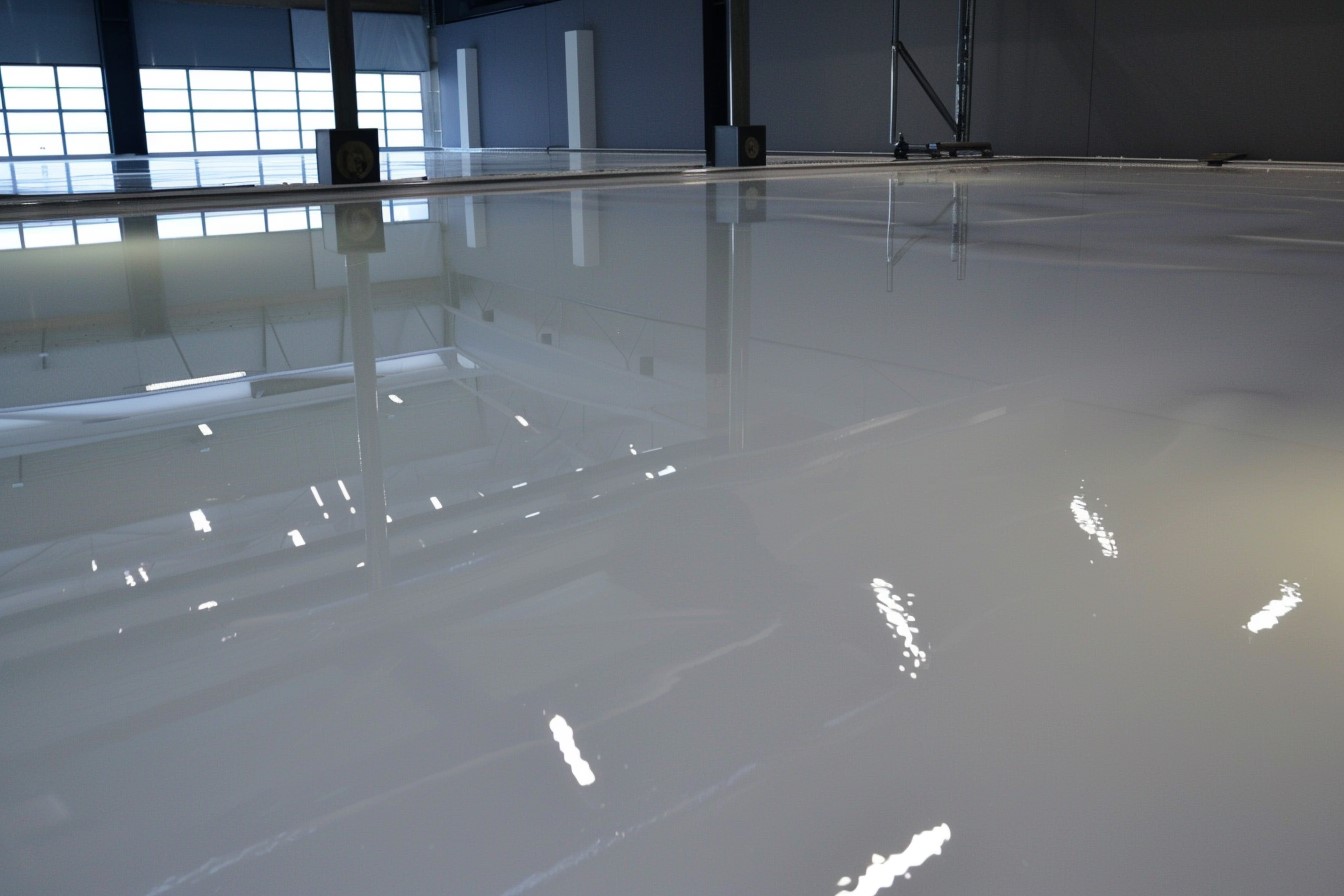
Epoxy flooring offers a variety of advantages that make it a popular choice for residential, commercial, and industrial applications. Here are some of the key advantages:
- Durability: Epoxy is incredibly tough and resistant to scratches, cracks, abrasions, and impacts. It can withstand heavy foot traffic, machinery, and even chemical spills, making it ideal for high-traffic areas and demanding environments.
- Easy to Maintain: Epoxy floors are easy to clean. Their seamless surface prevents dirt and grime from accumulating, and they can be wiped down with a simple mop and cleaning solution. Additionally, epoxy’s resistance to stains reduces the need for harsh chemicals.
- Cost-Effective: Compared to other flooring options, epoxy flooring is relatively affordable and offers long-term cost savings due to its durability and low maintenance requirements.
- Aesthetics: Epoxy flooring comes in various colours, finishes, and custom designs. You can create a sleek, modern look, a polished concrete appearance, or even incorporate decorative flakes or chips for a unique aesthetic.
- Improved Safety: Epoxy flooring’s smooth surface provides good slip resistance, which can help prevent accidents in areas prone to spills or moisture. Additionally, some epoxy coatings can be made non-slip for extra safety.
Selecting the Ideal Epoxy Flooring
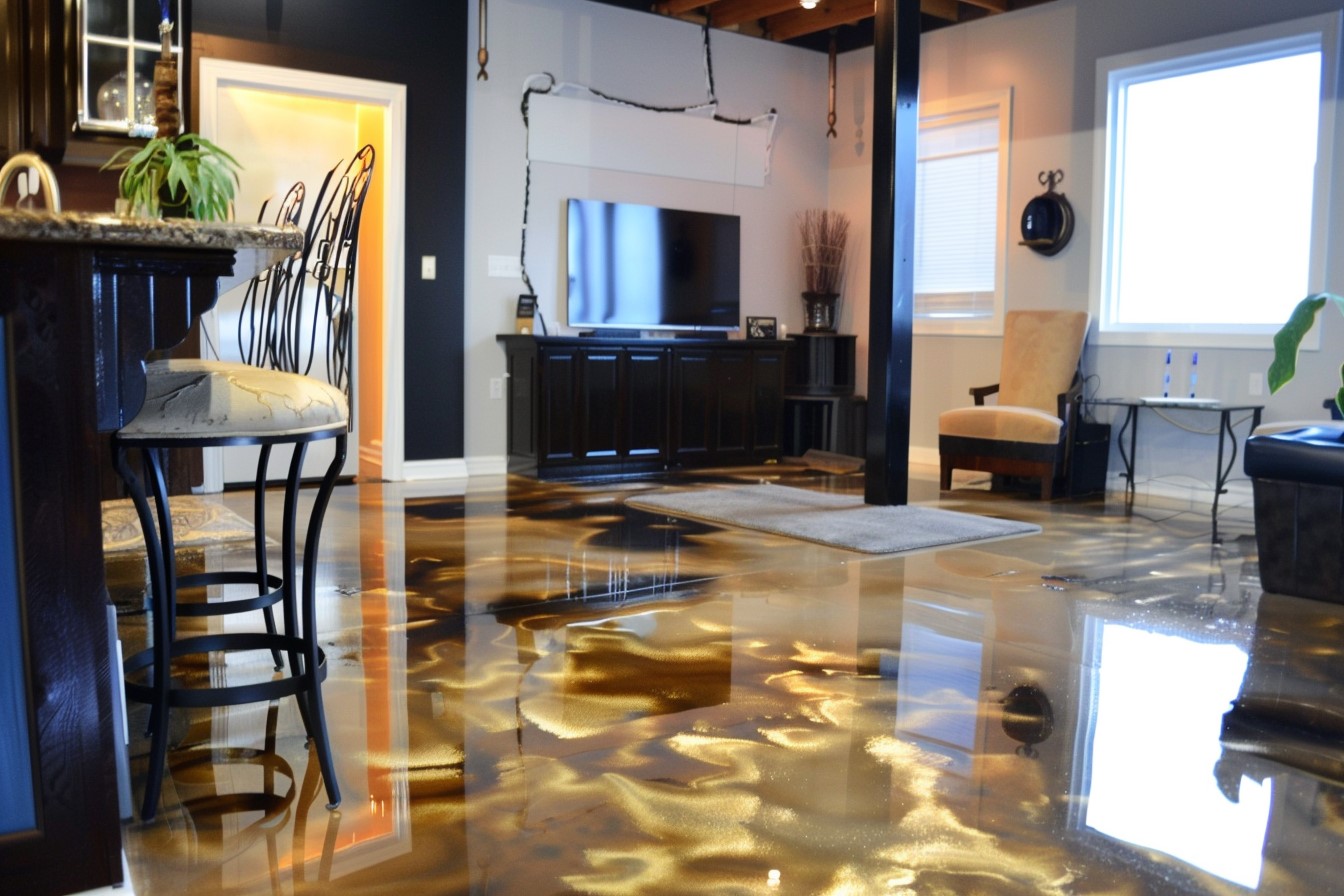
When choosing the ideal epoxy flooring for what you need, take into account the following options:
Two-Part Epoxy Floor Coating with 100 Percent Solids
Two-part epoxy floor coatings of 100 per cent solids provide a strong, thick, aesthetically pleasing finish for concrete surfaces. These coatings are free from traditional solvents, making them a durable and visually attractive option. They can be enhanced with decorative chips for added texture and customisation. The surface typically fully cures within 24 hours. However, applying true 100-percent-solids epoxy coatings requires adequate ventilation due to the strong fumes released. These coatings are ideal for areas exposed to heavy traffic, impact, or chemical exposure.
Two-Part Water-Based Epoxy Floor Coating
Water-based epoxy floor coatings are favoured for their ease of application and lower volatile organic compound (VOC) levels. They consist of epoxy resin and a water-based hardener. These coatings are suitable for areas that do not demand high chemical resistance but still require durability and a seamless finish. Water-based epoxy coatings are commonly applied in residential garages, basements, and light commercial spaces. They are available in various colours and can be customised to achieve the desired aesthetic effect.
One-Part Floor Coating
One-part epoxy floor coatings are typically easier to apply and require less preparation than their two-part counterparts. They come pre-mixed and ready for use, eliminating the need for precise mixing ratios. While one-part epoxy coatings offer decent durability and resistance, they are generally recommended for light-duty applications with minimal foot traffic. These coatings are commonly used in residential spaces, small retail areas, or as a protective topcoat over existing flooring systems. However, it is important to note that one-part epoxy coatings may not provide the same durability and chemical resistance level as two-part epoxy coatings.
Conclusion
Epoxy flooring stands out as a versatile and robust solution for residential and commercial spaces, offering numerous advantages such as durability, chemical resistance, and ease of maintenance. Understanding the different types of epoxy flooring'such as two-part epoxy coatings with 100 per cent solids, two-part water-based epoxy coatings, and one-part epoxy coatings'allows you to select the best option tailored to your specific needs.
Whether you require the heavy-duty resilience of 100 per cent solids for industrial environments, the user-friendly application of water-based epoxies for light commercial areas, or the convenience of one-part coatings for residential use, epoxy flooring provides a range of solutions to enhance the functionality and aesthetic appeal of any space.
If you are considering epoxy flooring for your space, let Interior Company handle the job. We specialise in delivering high-quality, durable, and visually stunning epoxy floors tailored to your needs and preferences.
*Images used are for representational purposes only. Unless explicitly mentioned, Interior Company does not hold any copyright to the images.*
Ready for a home transformation?
Let our designers assist you!
Recent Posts
Epoxy flooring is a surface coating applied to concrete floors to create a durable, smooth, and aesthetically appealing finish. It consists of epoxy resin and a hardener to form a rigid, plastic-like material.
Epoxy flooring can last 10-20 years or even longer with proper care. Its durability reduces the need for frequent replacements, making it a cost-effective investment.
Epoxy flooring is versatile and can be used in various settings, including residential garages, basements, commercial warehouses, retail spaces, and industrial environments. However, the specific type of epoxy should be chosen based on the space’s specific needs.
The cost varies depending on the size of the area, the type of epoxy chosen, and the complexity of the installation.
Epoxy flooring is low-maintenance. Regular sweeping and occasional mopping with a mild detergent are usually sufficient. Avoid using abrasive cleaning tools or harsh chemicals that could damage the epoxy finish.
Related Category
- Exterior Design
- False Ceilings
- Furniture
- Tips and Advice
- Walls and Texture


